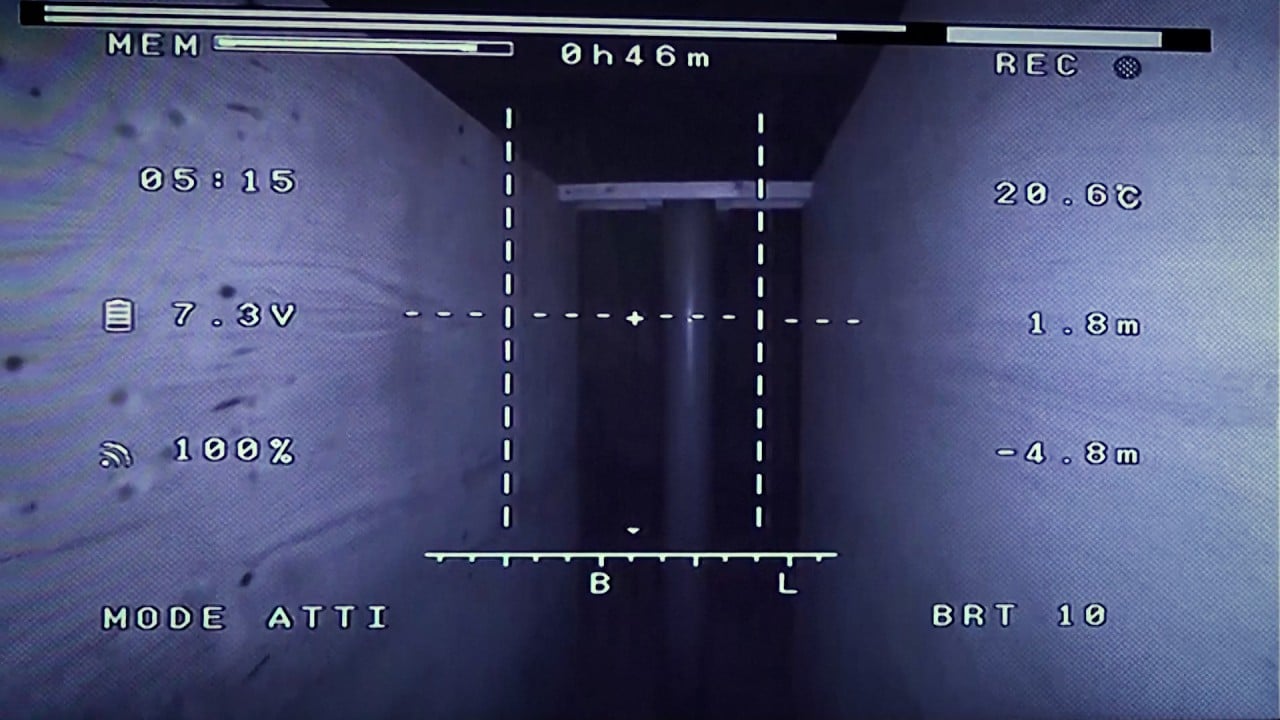Russian fishing ships seen off Fukushima reflects Moscow’s ‘hypocrisy’ over Japanese seafood ban
[ad_1]
The Sankei newspaper reported on Wednesday that at least three Russian trawlers had been tracked operating off northeast Japan on January 14, getting within 32km from the Fukushima nuclear plant, which was damaged by the magnitude 9.1 earthquake and tsunami that hit Japan in 2011.
The Japan coastguard has deployed unmanned aerial vehicles to shadow the ships and shared the data with the Japanese Fisheries Agency.
‘Just what is needed’: Japan to earmark US$1 billion in aid for quake-hit Noto
‘Just what is needed’: Japan to earmark US$1 billion in aid for quake-hit Noto
The ships did not enter Japanese territorial waters, which extend 22km from the coast at the low-water mark, and were operating legitimately within Japan’s exclusive economic zone, which extends out 200 nautical miles (370.4km) from the coast.
Tokyo and Moscow signed an agreement on reciprocal access to fishing resources in each other’s EEZs in December 2022, with the agreement coming into effect in November last year.
While the ships were legally hauling in fish, Russia is displaying double standards, according to analysts, given that it announced in October restrictions on imports of fish and seafood products from Japan as a “precautionary measure” after Japan started releasing treated water from the plant into the Pacific.
The Japanese government has criticised Moscow’s decision, saying it had “no scientific basis, is unjust and regrettable”.
“If this is indeed the case, then it is yet more confirmation that the Russian ban on imports has nothing to do with public health and has been done entirely for political reasons,” said James Brown, a professor of international relations who specialises in Japan-Russia affairs at the Tokyo campus of Temple University.
‘Clickbait’: Japan slams UK tabloid report linking dead fish to Fukushima water
‘Clickbait’: Japan slams UK tabloid report linking dead fish to Fukushima water
“It is blatant hypocrisy, but I would also say it is perhaps not surprising because Russia is looking for ways to hit back at Japan for the international sanctions that it is taking part in and the seafood ban was one very visible way of doing that,” Brown told This Week in Asia.
“These ships are there, in part, to show contempt for Japan and to underline Moscow’s position that it is free to go anywhere and do anything it wants to do,” Zinberg added. “I think Japan needs to be ready for more provocative moves like this.”
Zinberg also suggested that the vessels may have been tasked with gathering intelligence on the responses and activities of the Japan coastguard or the air service arm of the Self-Defence Forces dispatched to monitor the ships’ movements.
[ad_2]
Source link


